Discovering American English can feel like wandering through a linguistic maze, especially with regional idioms that might puzzle outsiders. From New York City’s streets to Appalachia’s hills, each area has its own unique language. Here, we uncover 20 regional expressions from across the United States that might leave you scratching your head or laughing at their quirky charm.
#1. “Mad”
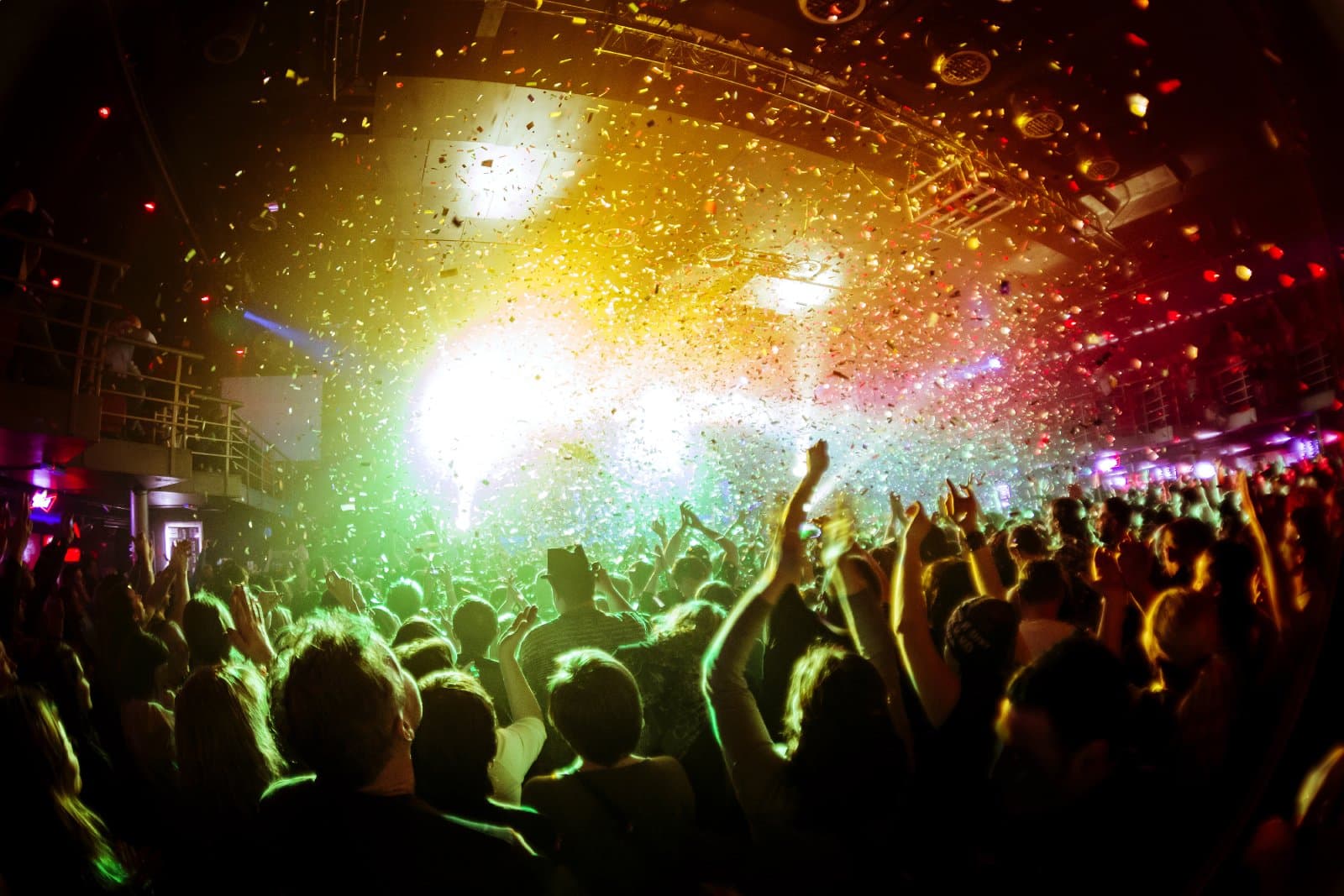
Used in New Jersey and New York to mean “many” or “very.” For example, “That’s mad tight!”
#2. “Jawn”

A versatile term from Philadelphia that can refer to anything. For instance, “Pass me that jawn over there.”
#3. “Wicked”

Common in New England, especially Massachusetts, as an intensifier similar to “very.” For example, “That pizza was wicked good!”
#4. “Nawlins”
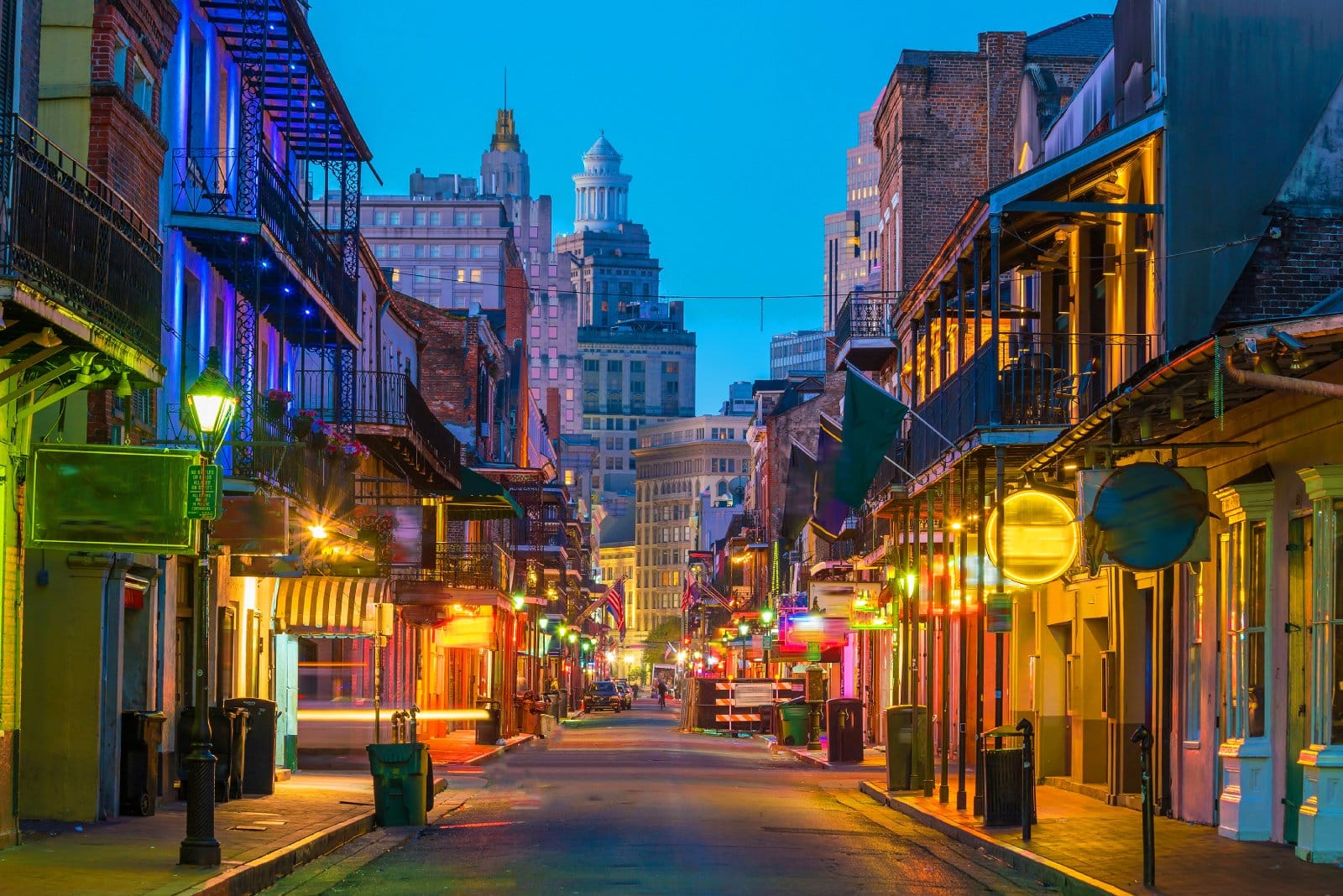
A colloquial pronunciation of “New Orleans,” commonly used in Louisiana.
#5. “Hella”
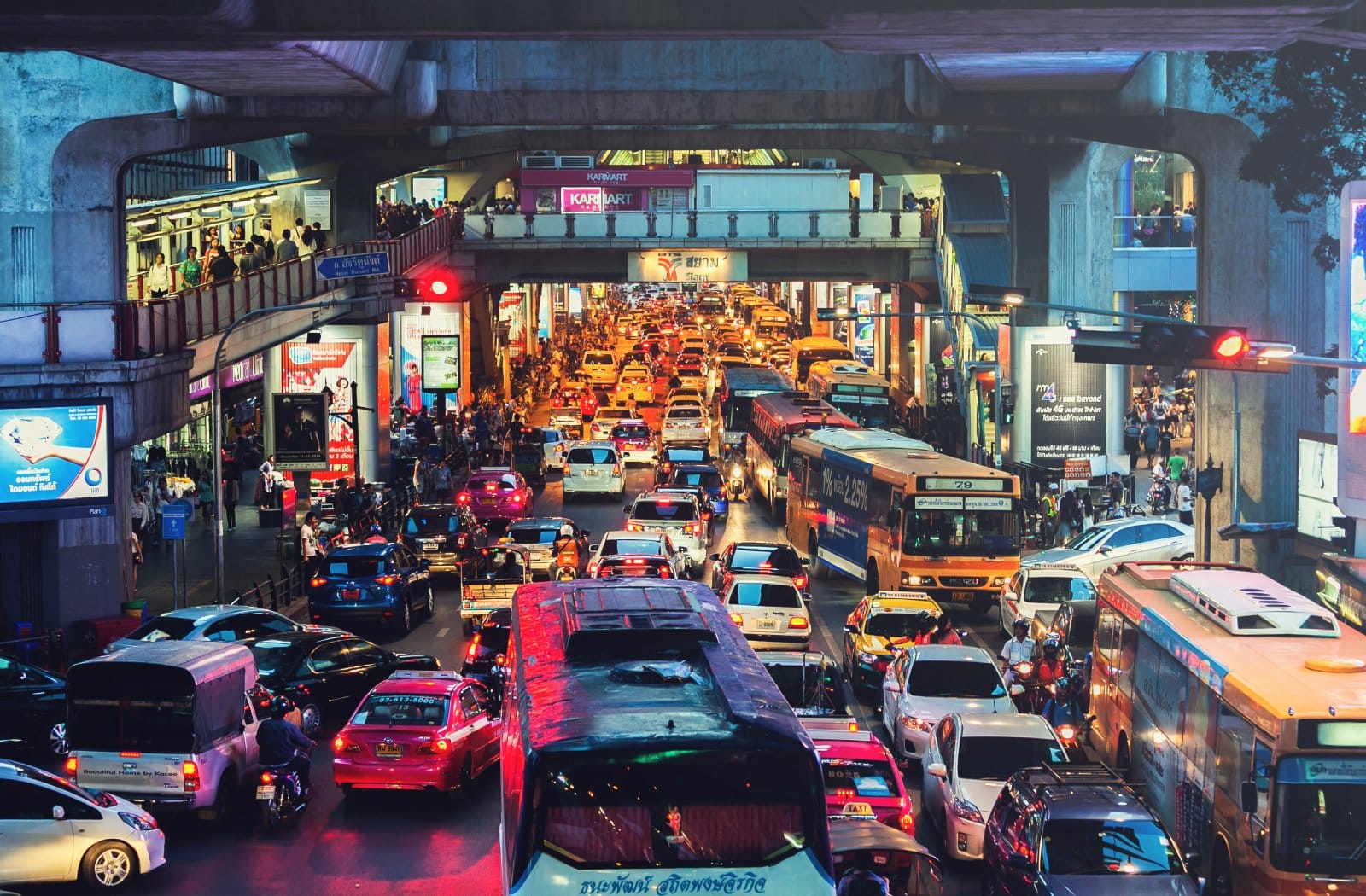
Originating from California’s Bay Area, it intensifies a statement, meaning “very” or “a lot.” For instance, “The traffic was hella bad.”
#6. “Slug”

Used in the Midwest, particularly Chicago, to mean giving someone a ride, especially in a carpool situation. For example, someone might say, “I’ll slug you a ride to work tomorrow,” meaning they’ll give you a lift.
#7. “Burk”
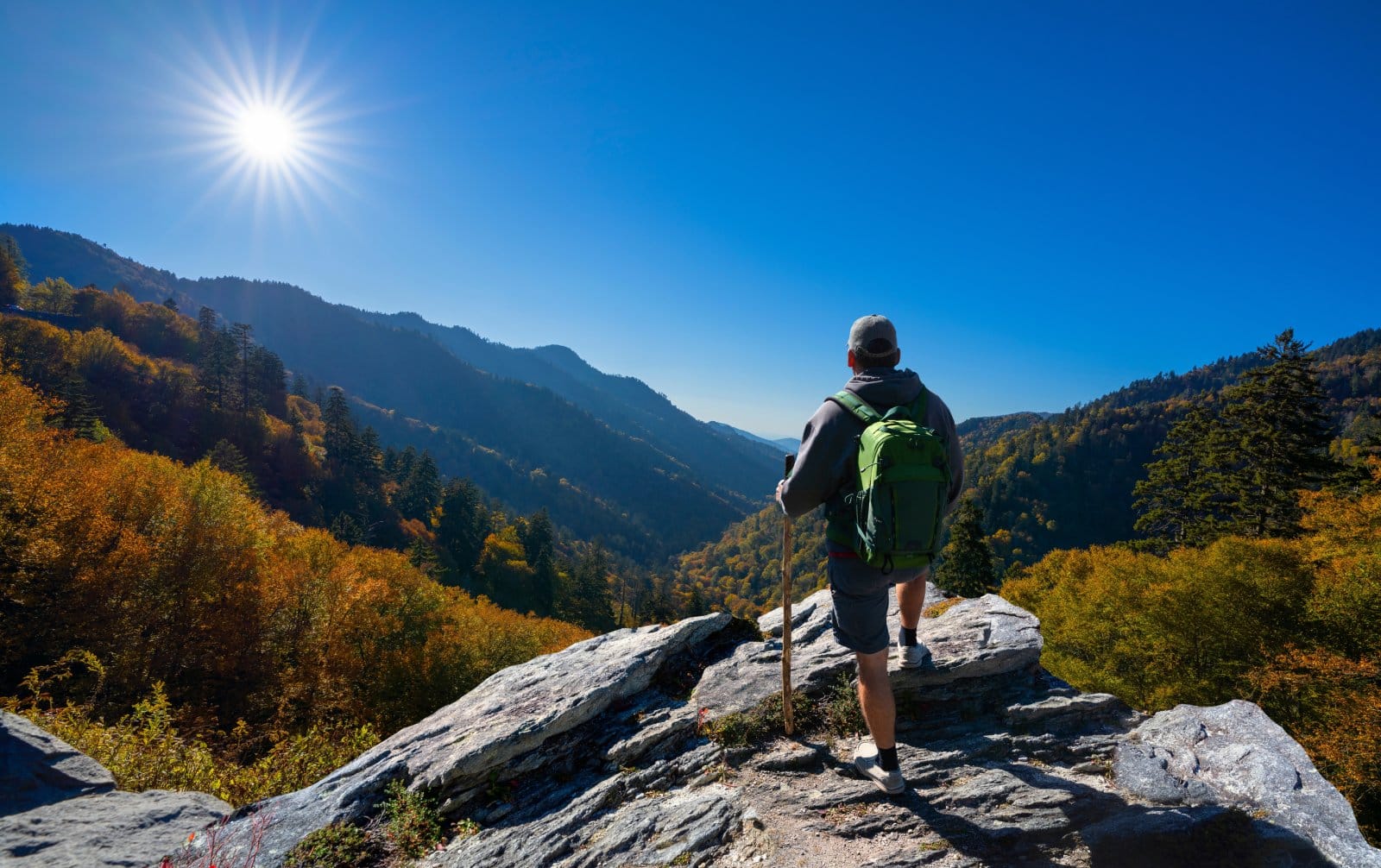
An Appalachian term for a hill or small mountain. In conversation, one might say, “We hiked up the burk to get a better view of the valley.”
#8. “Mom’n’em”

Common in Louisiana, it refers to family members or close friends. For example, “I’m going to visit Mom’n’em this weekend.”
#9. “Y’all”
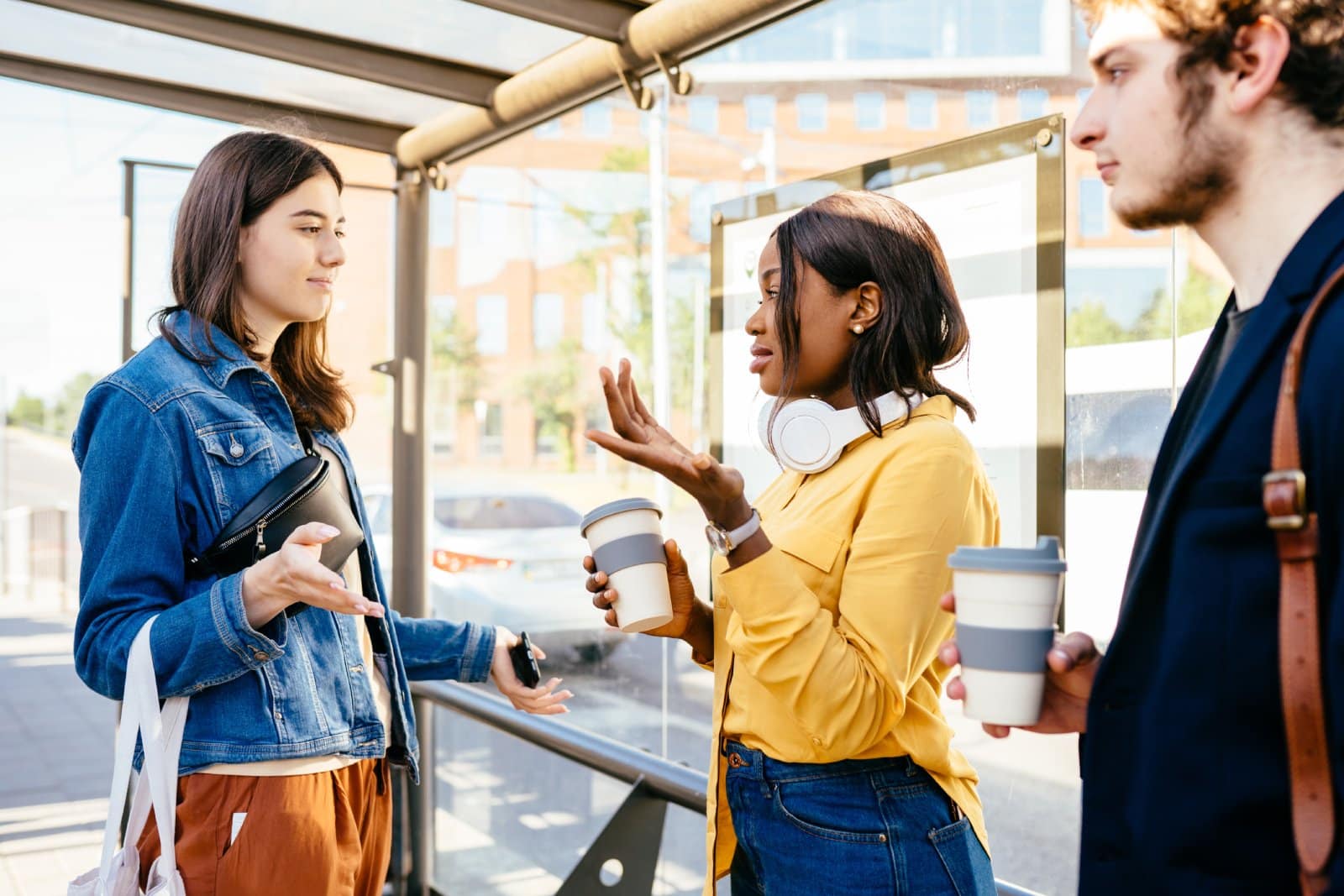
A Texas staple, meaning “you all” and used as a plural form of “you.” For example, “Are y’all coming to the barbecue?”
#10. “Uff da”

Heard in the Midwest, especially Minnesota, as an expression of exasperation or surprise. For example, someone might exclaim, “Uff da, that was unexpected!” to convey their surprise at something unexpected happening.
#11. “Aloha”
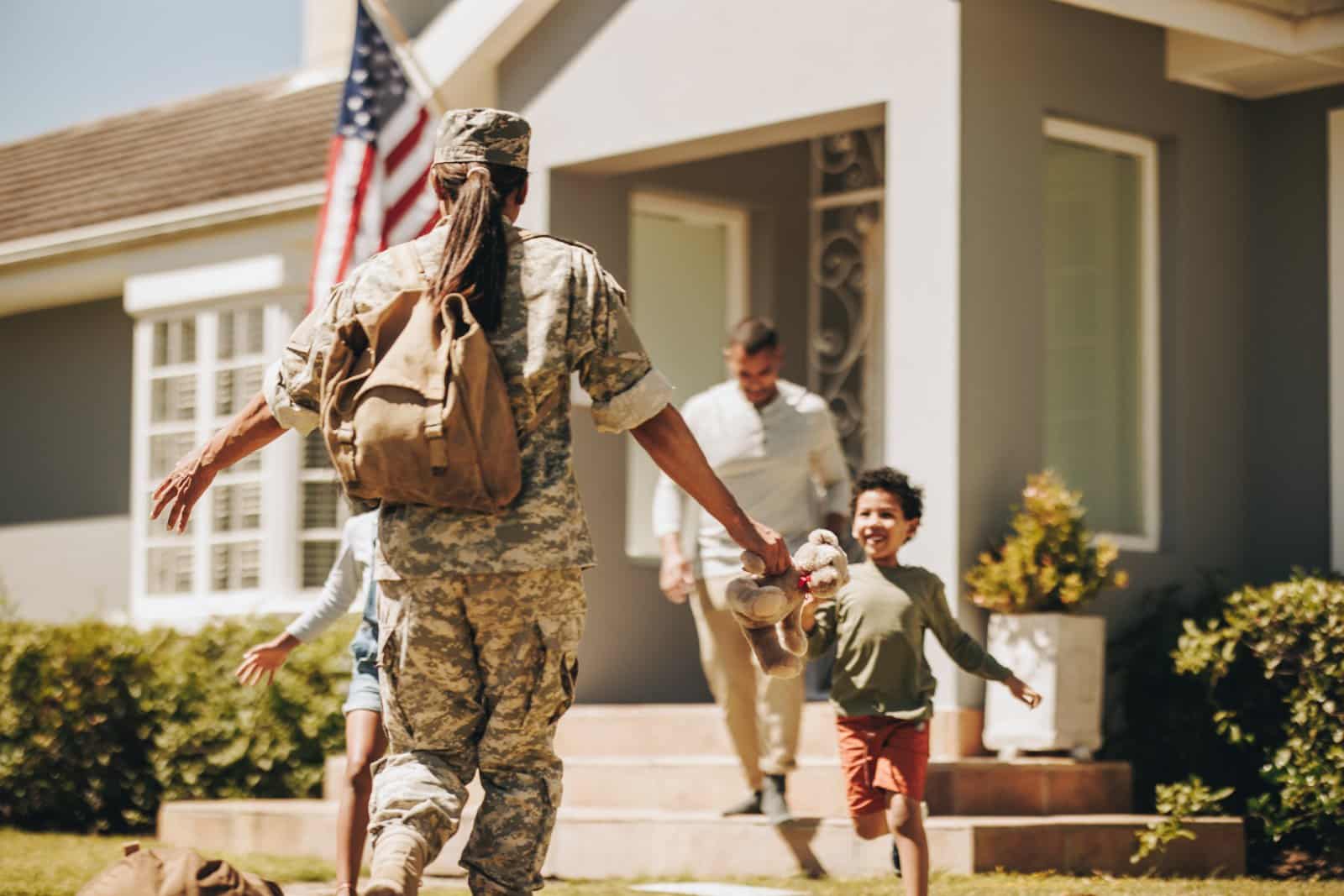
More than just a greeting in Hawaii, “aloha” embodies the spirit of love, peace, and compassion, often used to welcome visitors to the islands or bid farewell.
#12. “Mushing”
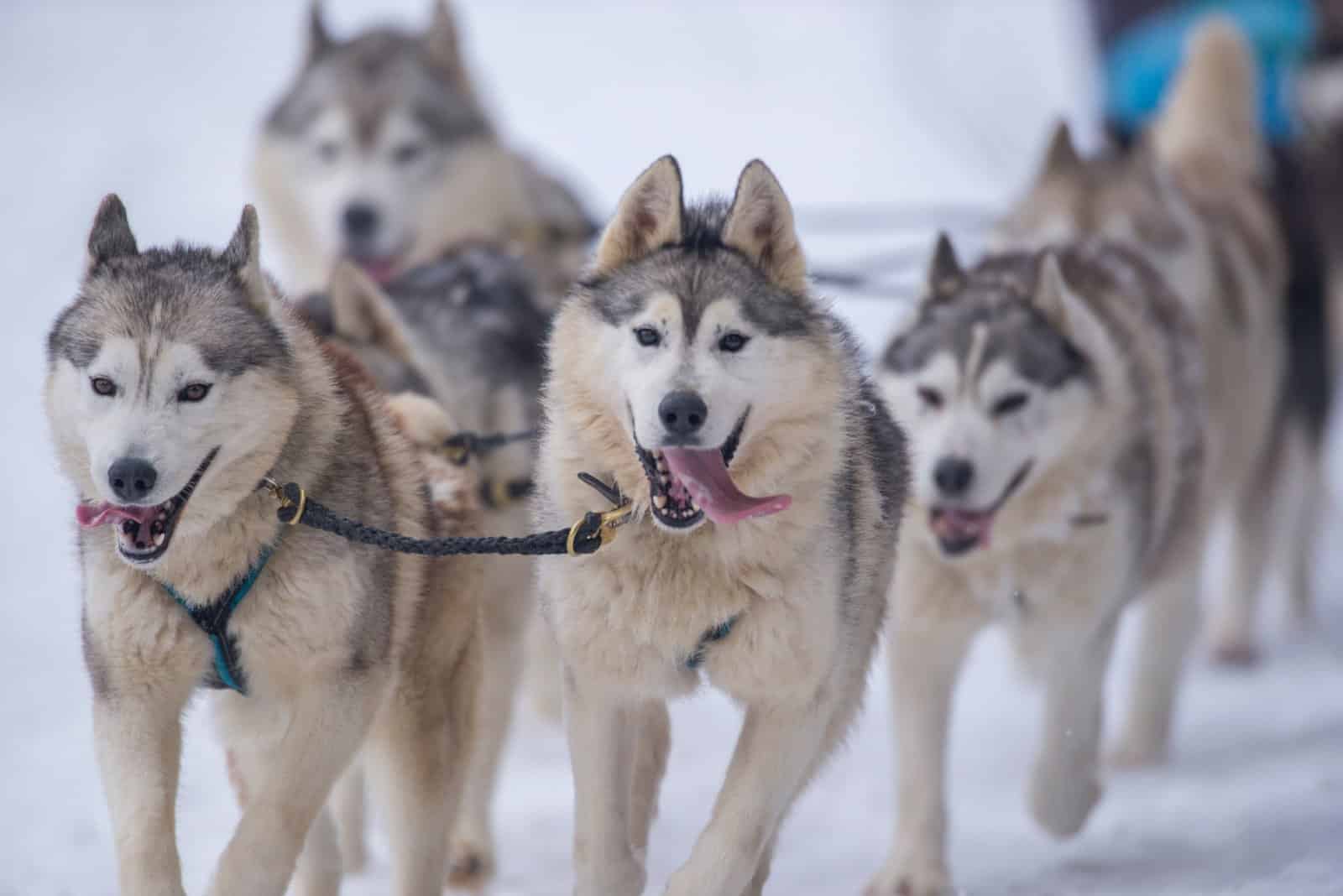
Associated with Alaska, “mushing” refers to driving a dogsled, a traditional mode of transportation in the snowy terrain.
#13. “The coast is clear”

A Pacific Northwest expression indicating it’s safe to proceed, often used metaphorically.
#14. “Snowbird”
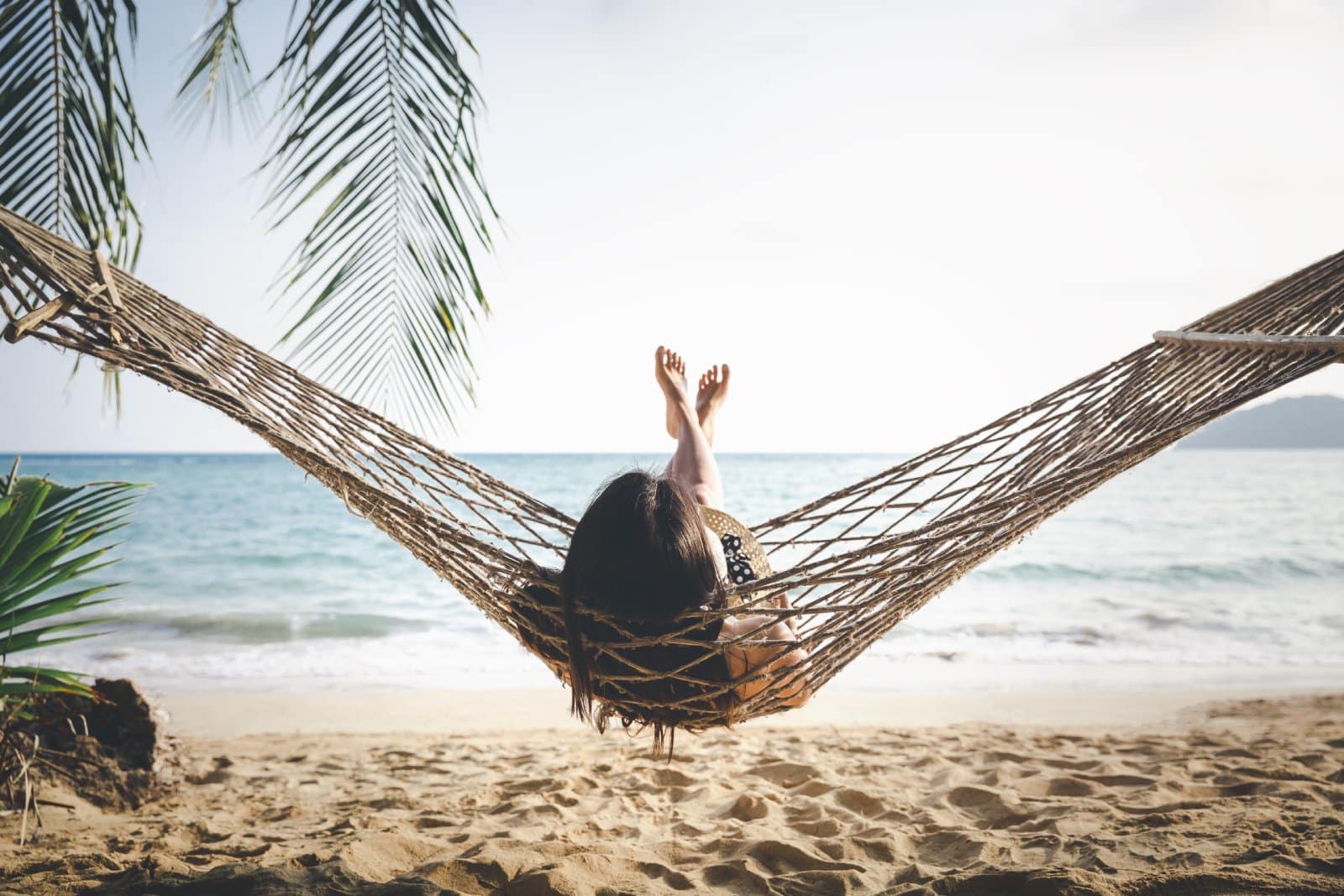
Used in Florida, it refers to people, usually retirees, who migrate to warmer climates during winter.
#15. “Haboob”
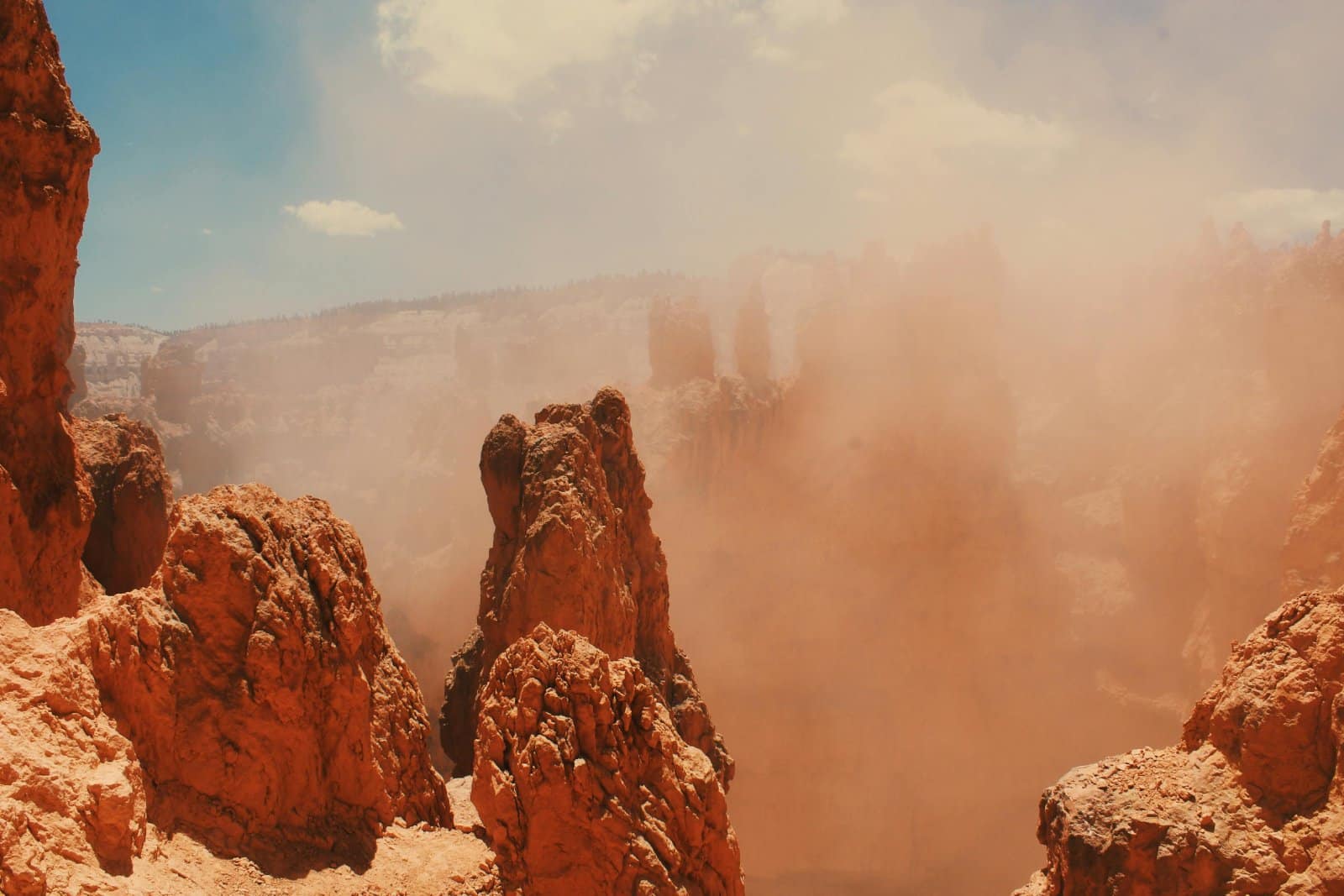
Heard in the Southwest, particularly in Arizona and New Mexico, it describes an intense dust storm common in arid regions.
#16. “Bubbler”
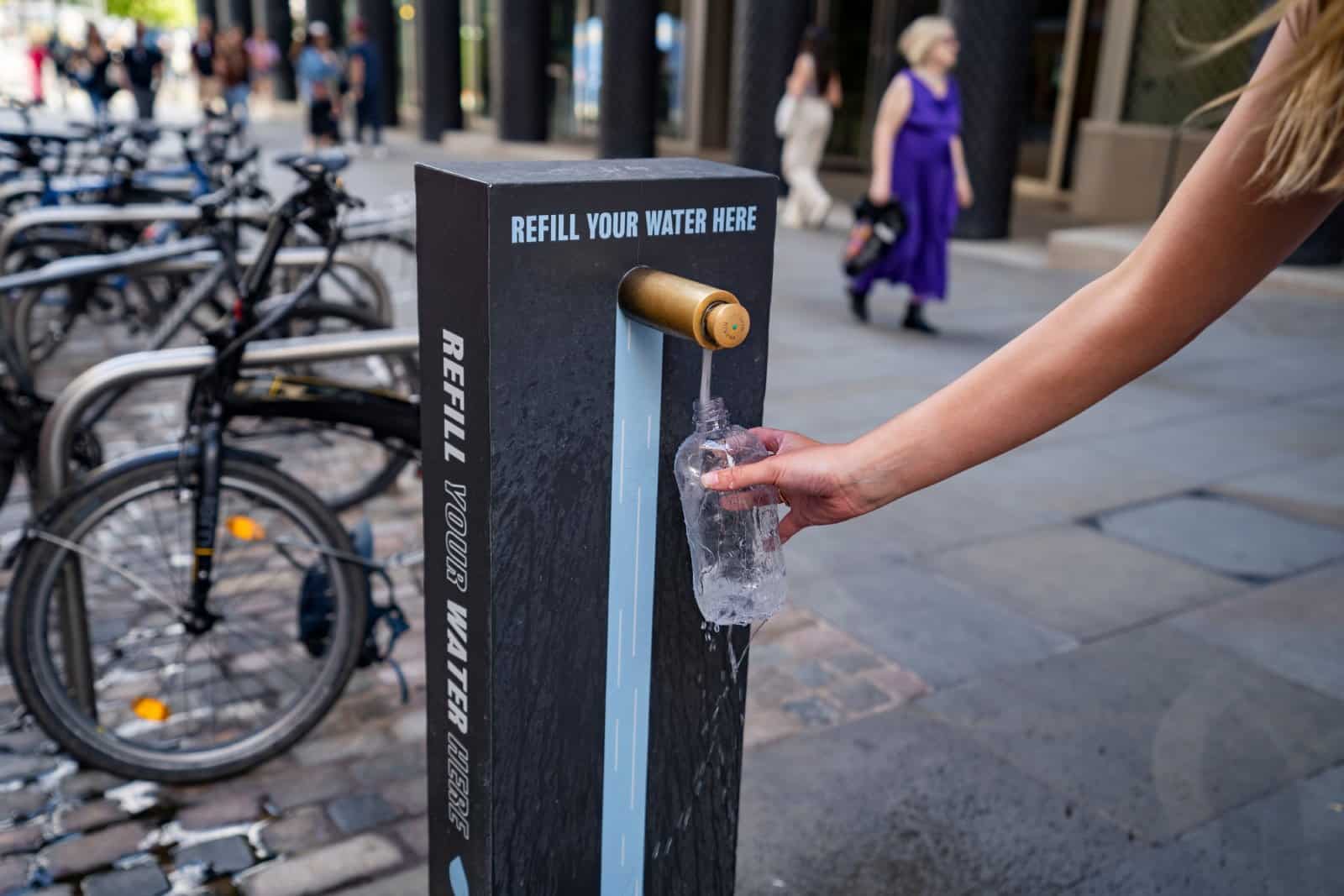
Unique to Wisconsin and parts of New England, it means a drinking fountain or water fountain. For instance, one might ask, “Can I get a drink from the bubbler?”
#17. “Lagniappe”

From New Orleans, it means a little something extra, often given as a bonus or unexpected gift. For example, a store might offer a small additional item as lagniappe with a purchase.
#18. “Sunbreak”
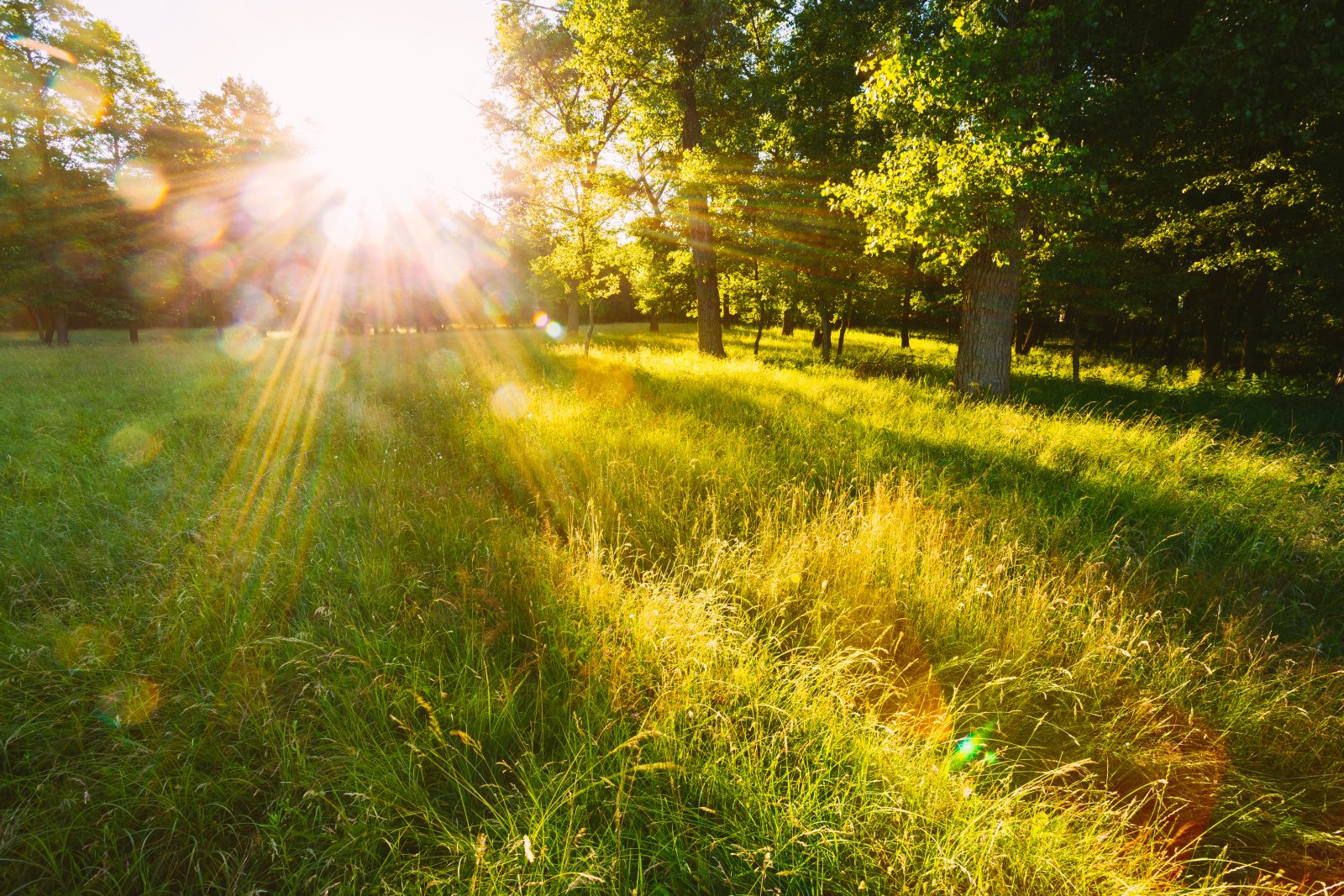
Used in the Pacific Northwest, especially Oregon, to describe a brief period of sunshine amidst cloudy or rainy weather.
#19. “Holler”
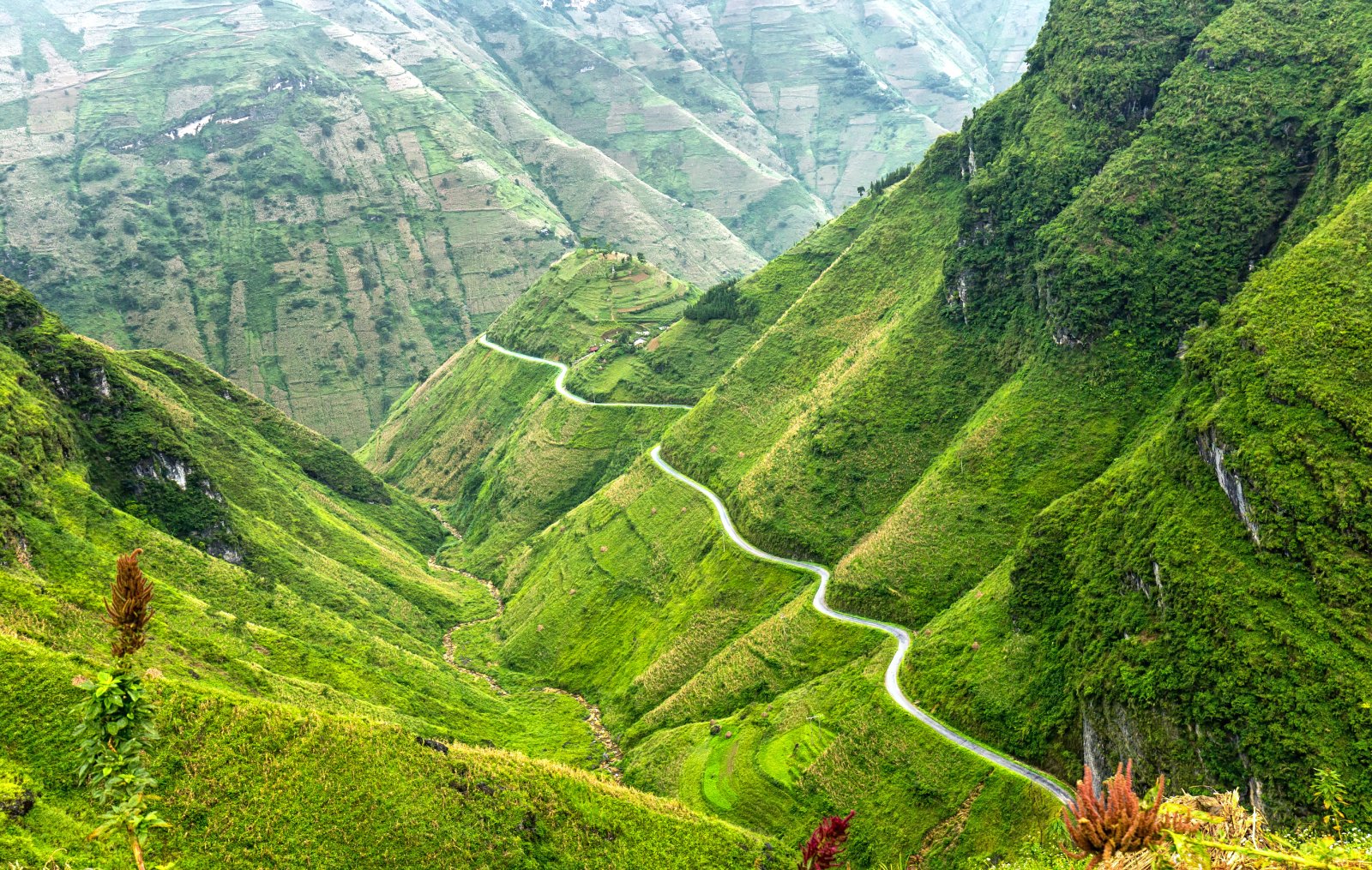
Heard in the Appalachian Region, it refers to a small valley between mountains, often used in Southern Appalachia.
#20. “Yooper”
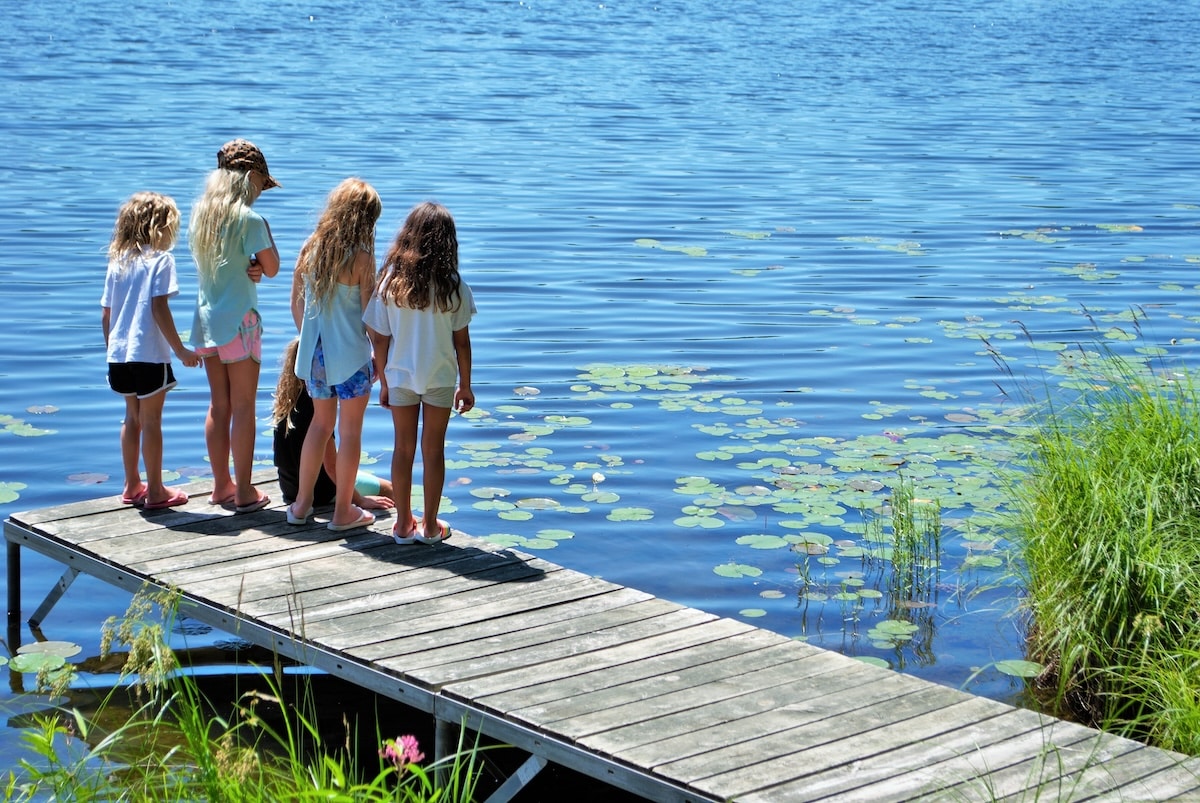
A term from Michigan’s Upper Peninsula, known for its distinct culture and dialect. For example, one might say, “He’s a true Yooper, born and raised in the UP.”
The post 20 American Sayings That’ll Leave Brits Scratching Their Heads – From ‘Mad’ Tight to a ‘Lagniappe’ Surprise first appeared on List Lovers.
Featured Image Credit: Shutterstock / Dean Drobot.
For transparency, this content was partly developed with AI assistance and carefully curated by an experienced editor to be informative and ensure accuracy.

